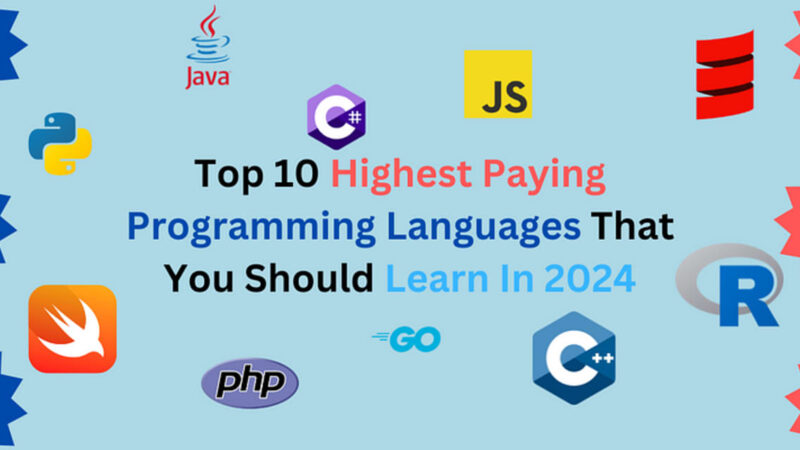Cloud Computing

What is Cloud Computing?
Cloud computing refers to the delivery of computing services—such as servers, storage, databases, networking, software, and analytics—over the internet (“the cloud”). It allows users to access and store data and applications on remote servers instead of local computers.
Key Models of Cloud Computing
- Infrastructure as a Service (IaaS):
- Provides virtualized computing resources over the internet.
- Users can rent servers, storage, and networking.
- Platform as a Service (PaaS):
- Offers hardware and software tools over the internet.
- Developers can build, test, and deploy applications without managing underlying infrastructure.
- Software as a Service (SaaS):
- Delivers software applications over the internet on a subscription basis.
- Users can access applications via a web browser, eliminating the need for installations.
Benefits of Cloud Computing
- Cost Efficiency:
- Reduces the need for physical hardware and maintenance costs.
- Pay-as-you-go pricing models help businesses manage expenses.
- Scalability:
- Easily scales resources up or down based on demand, making it suitable for businesses of all sizes.
- Accessibility:
- Users can access data and applications from anywhere with an internet connection, facilitating remote work and collaboration.
- Disaster Recovery and Backup:
- Cloud providers often include backup and disaster recovery solutions, ensuring data is safe and recoverable.
- Automatic Updates:
- Providers regularly update software and services, reducing the burden on IT teams.
Challenges of Cloud Computing
- Security and Privacy:
- Storing sensitive data on the cloud raises concerns about data breaches and unauthorized access.
- Downtime and Reliability:
- Dependence on internet connectivity can lead to issues if the cloud service experiences outages.
- Compliance and Legal Issues:
- Navigating regulations and compliance standards can be complex, especially for sensitive data.
- Vendor Lock-in:
- Switching providers can be difficult due to compatibility issues and data migration challenges.
Current Trends in Cloud Computing
- Multi-Cloud and Hybrid Cloud Strategies:
- Organizations are increasingly adopting multi-cloud environments, using services from multiple providers to enhance flexibility and avoid vendor lock-in.
- Serverless Computing:
- A model where developers can build applications without managing server infrastructure, focusing on writing code instead.
- Edge Computing:
- Processing data closer to the source (edge devices) to reduce latency and improve performance, especially for IoT applications.
- AI and Machine Learning Integration:
- Leveraging cloud platforms to develop and deploy AI and ML applications, making advanced analytics more accessible.
- Sustainability Efforts:
- Cloud providers are focusing on green initiatives, utilizing renewable energy and optimizing data center efficiency.
Cloud computing continues to evolve, driving innovation and efficiency in various sectors. As organizations embrace this technology, understanding its benefits, challenges, and trends will be crucial for harnessing its full potential. Whether you’re a business owner, a developer, or an end-user, cloud computing offers numerous opportunities to enhance productivity and streamline operations.

neelam tyagi
Technical content writer with a master’s degree in Technology and a keen interest in Tech and Information Technology. She has over three years of experience in writing content for various online platforms, such as Boomi Techie, and Tech Mantra. She creates content that educates and empowers readers on topics such as AI, Tech News, and Innovations. She uses clear and concise language to explain complex tech concepts and terminologies.





